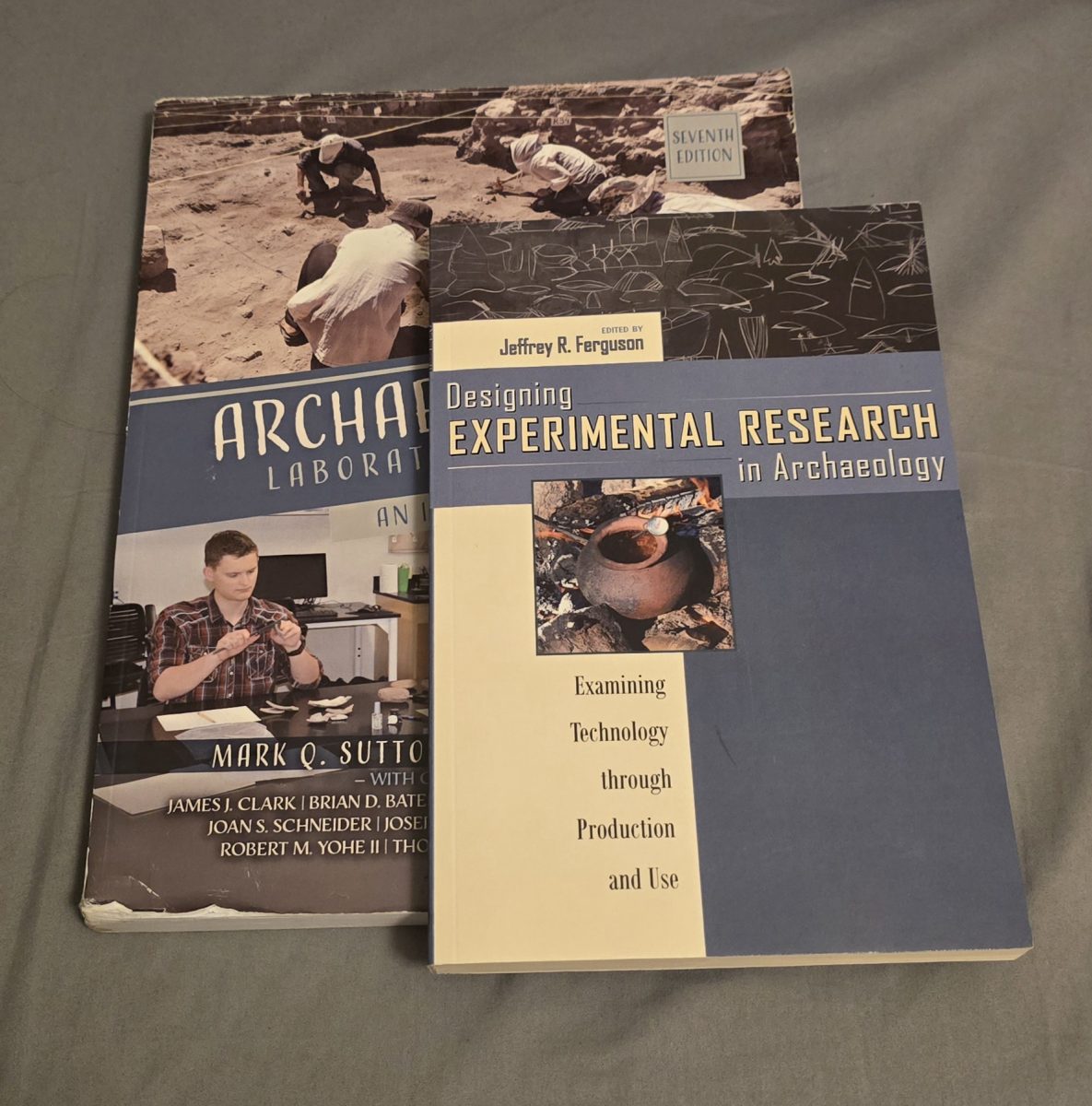With an ever increasing competitive job market, internships are a way for students to distinguish themselves from other job applicants.
An internship is a practical experience in the professional field that a student is studying.
It teaches hands-on, what is needed to succeed in their career.
Internships vary because the company offering the internship establishes the requirements and responsibilities of the intern.
“I advise students to get an internship as soon as (they) can,” said John Anderton, earth environmental geographical sciences professor. “An internship is critical. If they have experience in their field it gives them a leg up on the competition.”
Career Services offer a variety of help to students looking for an internship: job fairs, internship postings and search strategies, types of positions typically available, workshops and Internet resources to locate internships.
Another benefit of an internship is if the employer likes the intern, they may offer permanent employment, said Steve LaFond, assistant director of Career Services.
“I look for a skill set (in an intern),” said Natasha Koss, program manager at the Superior Watershed Partnership and Land Trust. “Do they know how to write, basic computer skills, enthusiasm, (willingness) learn new things, taking initiative and whether they are able to work on their own.”
Students who are looking into internships should look early on because some are competitive. If a student is looking for an internship in the summer, they should begin looking for internships in the fall, LaFond said.
Elizabeth Marker, an NMU alumni, had an internship with Hennepin County Sheriff Office Crime Lab Unit.
She worked in the latent print department, where she continued another intern’s work creating a data base that used different print distortion.
“Although it isn’t related to my current job, it helped me stand out and it’s a talking point in an interview,” Marker said. “I applied for my internship in January or February of 2010, but kept my eyes open (during the semester) for other programs.”
“To find my internship, I looked at the classes and course plan for my major, talked with my advisor and used a search engine online and kept my search terms broad.”
When applying for an internship, students should prepare a resume, cover letter, application, recommendation letters and prepare for an interview.
Cover Letter
This is an opportunity for the applicant to tell the employer how they would fit into position, what they would bring to the company and what they would learn from the internship.
If there are classes that would apply to the internship, this would be a place to include them. According to Koss, students should keep it short and to the point.
“Pick out two to three really important highlights of your experience,” Koss said. “It’s the first thing they see and you want to leave a good impression to get them to read the resume.
“Check your spelling.”
Resume
The resume should include student’s name, contact information, major, minor, GPA, classes relevant to the internship (not mentioned in the cover letter), work experience and relevant volunteer experience.
“Use good grammar,” Jill Leonard, biology professor said. “It may seem like common sense but you’d be surprised how often it happens.”
Career Services is offering resume workshops at 5:30 p.m. on Thursday, Feb. 2, Wednesday, Feb. 22, Thursday, Mar. 15 and Thursday, April 5 in 2303 C.B. Hedgcock.
Application
Fill out the application to the best of your knowledge. If a student has questions about an application, Career Services is available or talk to your adviser.
“We’ll help,” Anderton said. “If your adviser can’t help then there is typically another professor who can.”
Recommendation Letters
At least two letters, but three would be best. Students who are interdisciplinary should get one from each department. This helps inform the potential employer of the student’s entire experience, Leonard said.
“Have someone who knows your work ethic and discipline (write a recommendation letter),” Leonard said.
Interview
Approach an internship interview as if it were a professional interview. Career Services is available for students who would like advice, LaFond said.
“Have a professional attitude that is appropriate for the internship that you are applying for,” Leonard said. “Do your homework; know what you’re applying for.”
Career Services is offering interview workshops at 5:30 p.m., Tuesday, Feb. 28 and Thursday, April 12 in 2303 C. B. Hedgcock.
There isn’t a central system at NMU to find internships. Each department has their own system. According to LaFond, the Career Services website is a good starting point.
“There were pros and cons to the internship but I’m still really glad I did it,” Marker said. “It definitely helped in the job search process. Don’t be afraid to use a search engine. “
“Keep terms broad and (one) might be able to find something you wouldn’t normally find. Keep trying. Keep applying.”























